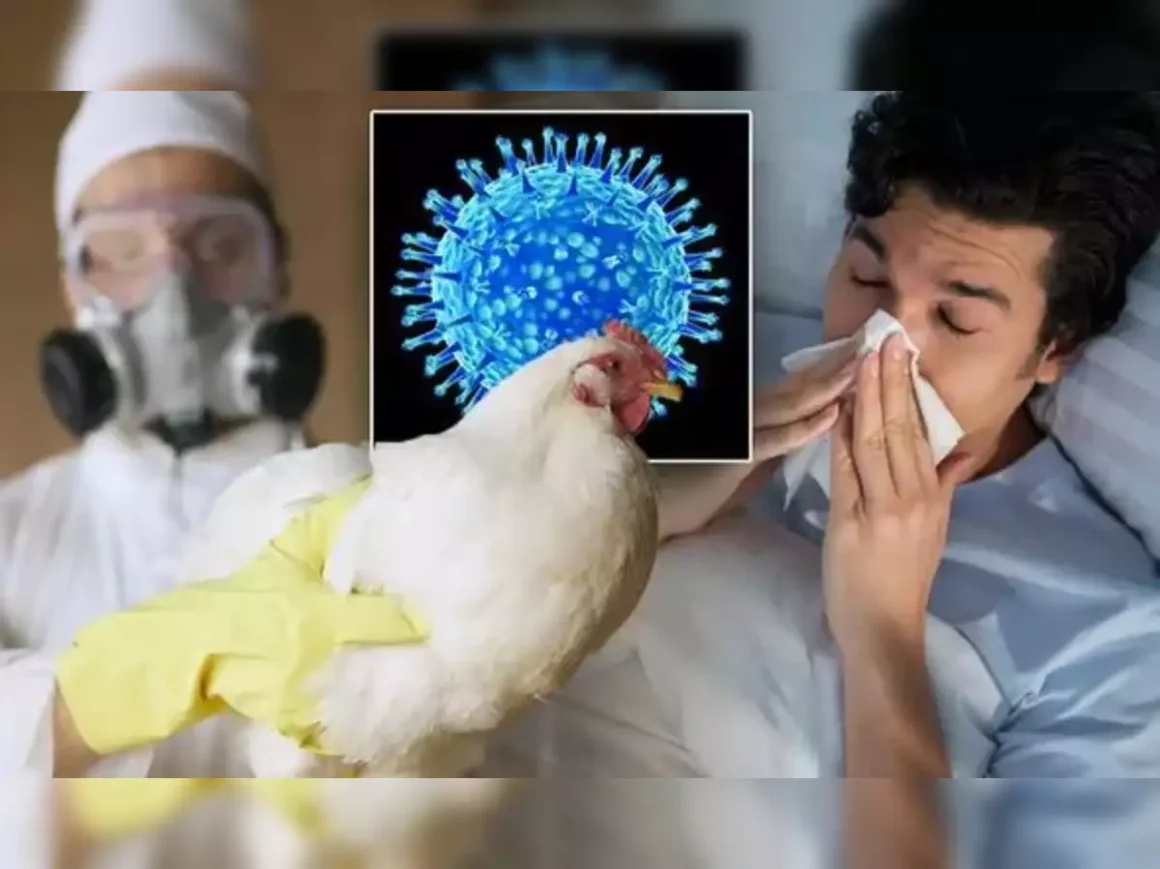The three individuals only had minor symptoms, according to a statement from the CDC. It stated that an H5N1 bird flu outbreak was occurring at a poultry facility, and the infections happened to workers who were culling infected animals.
According to a statement from Colorado officials, the symptoms included conjunctivitis, or pink eye, and common symptoms of respiratory infections. However, they added that none of the patients required hospitalization.
According to state epidemiologists, contact with infected poultry appears to have been the source of the infections.
The CDC stated that there is still little risk to the public and that it is sending a team to Colorado to assist with an investigation.
According to the CDC, the fear about H5N1 infections in humans is because they could be very serious and as such could become a pandemic in case that the mutation takes place easily between people. These come as part of an outbreak spanning America, that has stunned birds from one end the other in addition to some other kinds of animals (such as cows that give milk).
“In Colorado and other states affected by H5 bird flu outbreaks in cows and poultry, there are no signs of unexpected increases in flu activity,” the CDC stated.
The three are thought to have bird flu based on preliminary testing conducted by Colorado officials, which revealed they were infected with a novel strain of influenza. The CDC has received samples for follow-up testing.
If confirmed, they would be the seventh case of bird flu in the United States since March and the fourth case in Colorado.
The results of the investigation, according to the CDC, will determine whether new guidelines are required. If a modification to the risk assessment is necessary, it will also be crucial to analyze the virus sequences from this outbreak.
The Centers for Disease Control and Prevention (CDC) stated that its guidelines regarding H5N1 are still the same and advised people to stay away from close, extended, or unprotected contact with sick or dead animals, such as chickens, other domesticated birds, wild birds, and cows.
It further advised against unprotected exposure to animal excrement, litter, raw or unpasteurized milk, and items that have come into contact with or been in close proximity to animals that have been suspected or confirmed cases of bird flu.

